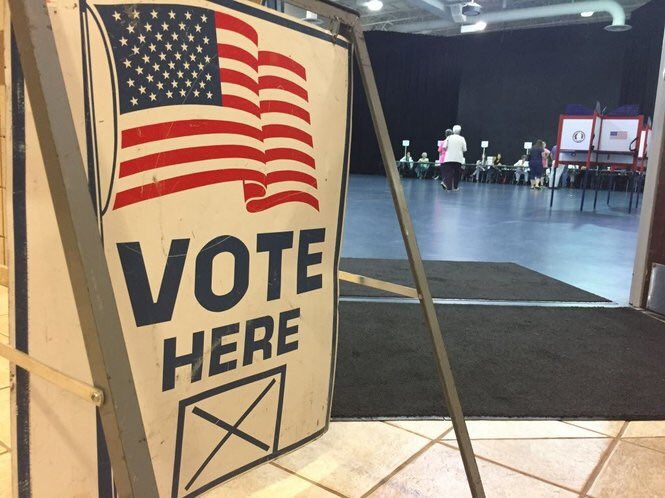- 14 3402-5578
- Rua Hygino Muzy Filho, 737, MARÍLIA - SP
- contato@latinoobservatory.org
 Foto: Molly Adams from USA
Foto: Molly Adams from USA
The uncertainty surrounding DACA (Deferred Action for Childhood Arrivals), a deferred action program for immigrants who arrived in childhood in the United States, and the lack of clarity about the future of the program, have created an environment conducive to the spread of misinformation online, according to DACA advocates.
The program, which turns 11, has allowed eligible young immigrants, who do not have legal status in the country because they were brought in as children, to work and study without fear of deportation. However, a six-year legal battle during the Trump administration and action by nine Republican-led states has left more than 580,000 DACA recipients living in uncertainty, according to NBC News.
This situation of legal back-and-forth has not only made the situation of beneficiaries unpredictable but has also become a breeding ground for the spread of misinformation. According to José Muñoz, a DACA recipient and deputy communications director for United We Dream, whenever news about DACA comes out, spikes in online conversations occur that often become vehicles for damaging narratives and misinformation.
Although a federal judge has blocked the availability of DACA to new applicants, current recipients, or those whose DACA status expired less than a year ago can still renew it every two years. However, those who miss the renewal window will have to re-apply as new applicants, which is not currently allowed. This could threaten their ability to continue studying, working, and obtaining financial benefits, according to the same publication.
Misinformation about DACA is often spread online, including by relatives and acquaintances who speculate about legal challenges or unwittingly share false information. Social media platforms have amplified the viral nature of misinformation, creating a space for its spread, particularly in Latino communities.
DACA-related misinformation and scams lead to heartbreaking situations. One particularly vulnerable group is the roughly 93,000 applicants who have been in limbo since 2021, when the program was closed to new registrants. Some of these applicants fall for scams that promise to speed up the processing of their applications by paying additional fees.
Uncertainty over DACA is also fueled by court challenges, with confusing information about hearings and possible legal outcomes. Misinformation focuses on legal uncertainties and can cause fear and anxiety in program beneficiaries.
“On June 1, attorneys representing DACA recipients and the Republican-led states suing to terminate DACA returned to court to debate a recent Biden administration rule that turned the program into a federal regulation to increase its chances of surviving legal challenges. The Texas federal judge who heard the arguments is expected to issue a decision on the legality of the Biden rule this year”, according to NBC.
To combat misinformation, it is important to provide accurate and factual information. Organizations like United We Dream, according to NBC, are monitoring the spread of misinformation on social media and developing strategies to combat it. However, the most effective solution would be for Congress to find a permanent solution to the immigration status of DACA recipients, which would help reduce misinformation related to the program.











